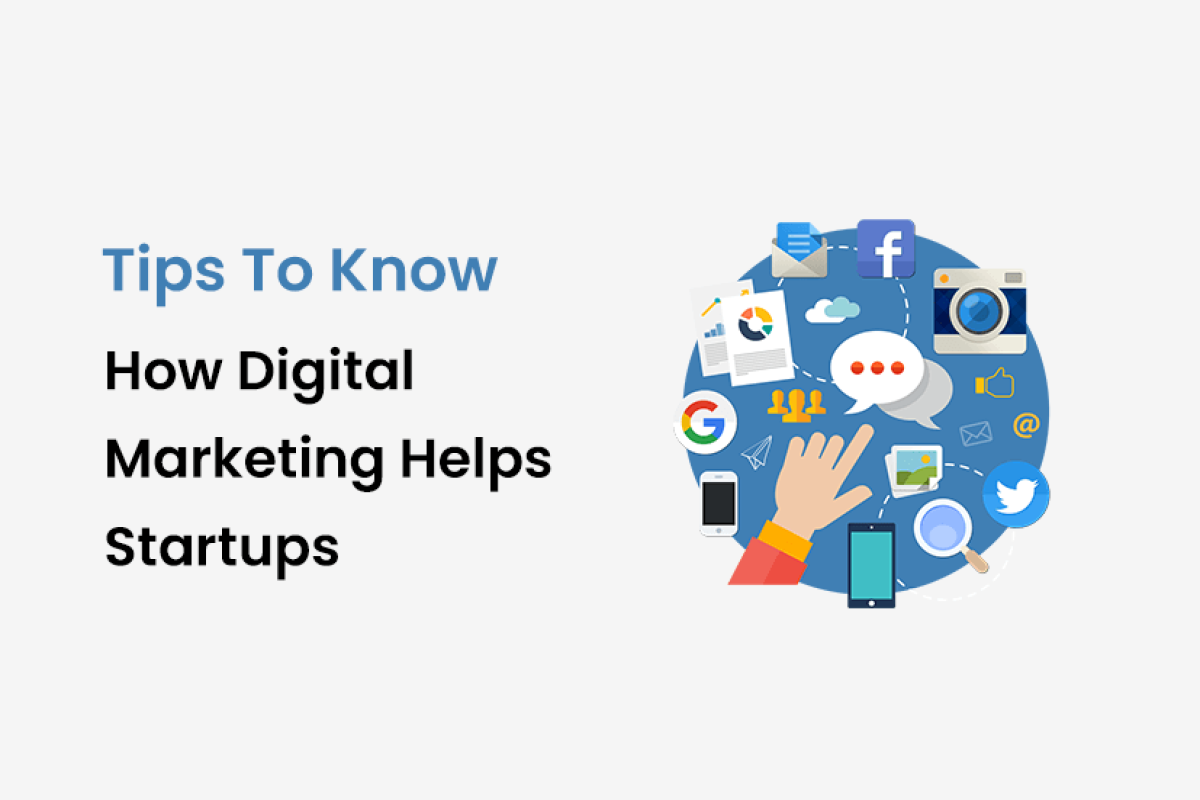Embarking on the entrepreneurial journey is a thrilling experience, but in the vast and competitive landscape of the USA and European Countries, startups face the challenge of standing out. Effective marketing and advertising are the linchpins that can propel a startup from obscurity to prominence. In this comprehensive guide, we’ll unveil the best marketing and advertising options for startup businesses in the USA, UK, Australia, and Canada unraveling the benefits of each and outlining the reasons they should be a part of your strategic playbook.
Marketing Techniques for Startups in the USA and European Countries
Understanding Your Audience
- Market Research
Before diving into marketing and advertising strategies, startups need a deep understanding of their target audience. Market research tools and techniques can provide invaluable insights into consumer behavior, preferences, and trends.
2. Customer Personas
Creating detailed customer personas helps in tailoring marketing messages and strategies to resonate with specific segments of the audience. Understanding the demographics, psychographics, and behaviors of your ideal customers is crucial for effective targeting.
Online Presence and Branding
3. Website Development
A user-friendly and visually appealing website is the cornerstone of your online presence. From seamless navigation to compelling content, your website should reflect your brand identity and engage visitors effectively.
4. Search Engine Optimization (SEO)
Optimizing your website for search engines ensures that your business is discoverable when potential customers search for related products or services. Incorporating relevant keywords and creating high-quality content are essential for SEO success.
5. Social Media Marketing
Harnessing the power of social media platforms is crucial for startups. Creating a consistent and engaging social media presence helps build brand awareness, connect with the audience, and drive traffic to your website.
Paid Advertising Strategies
6. Pay-Per-Click (PPC) Advertising
PPC advertising, such as Google Ads, allows startups to bid on keywords and display their ads to a targeted audience. This method can provide instant visibility and measurable results.
7. Social Media Advertising
Platforms like Facebook, Instagram, and LinkedIn offer robust advertising options. From sponsored posts to targeted ads, social media advertising enables startups to reach specific demographics and drive conversions.
8. Display Advertising
Display ads, including banner ads and interactive multimedia ads, are effective for building brand awareness. Strategic placement on relevant websites can enhance visibility and attract potential customers.
Content Marketing
9. Blogging
Maintaining a blog on your website not only provides valuable information to your audience but also improves your website’s SEO. Regular, high-quality blog posts establish your authority in your industry.
10. Video Marketing
Video content has become increasingly popular. Whether it’s informative tutorials, product demonstrations, or engaging storytelling, videos can capture and retain the attention of your audience.
Networking and Partnerships
11. Influencer Marketing
Partnering with influencers in your industry can amplify your reach and credibility. Identifying influencers whose audience aligns with your target market can lead to authentic collaborations.
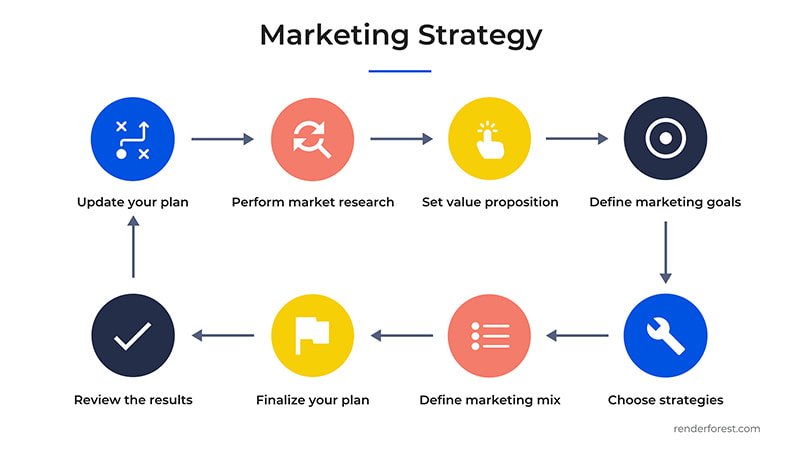
12. Collaborations and Cross-Promotions
Teaming up with other businesses for joint campaigns or promotions can be mutually beneficial. This strategy leverages shared audiences and expands your reach.
Email Marketing
13. Building an Email List
Email marketing remains a powerful tool for nurturing leads and retaining customers. Offer incentives such as discounts or exclusive content to encourage visitors to subscribe to your mailing list.
14. Personalized Email Campaigns
Crafting personalized and targeted email campaigns based on customer behavior and preferences can significantly increase engagement and conversion rates.
Analytics and Measurement
15. Data Analytics
Utilize analytics tools to measure the effectiveness of your marketing efforts. Analyzing key performance indicators (KPIs) allows startups to make informed decisions and optimize their strategies.

The Marketing Guide for Success in the USA and European Countries
Social Media Marketing: A Social Symphony
Benefits:
a. Wide Reach
With billions of active users on platforms like Facebook, Instagram, Twitter, and LinkedIn, social media provides an unparalleled reach. Your startup can connect with potential customers on a global scale.
b. Targeted Advertising
Social media platforms offer advanced targeting options, ensuring that your marketing efforts are laser-focused on the right audience. Define demographics, interests, and behaviors to reach the people who matter most.
c. Engagement and Interaction
Social media fosters direct engagement with customers, building brand loyalty and trust. Encourage comments, likes, and shares to create a community around your brand.
Reasons:
a. Cost-Effective
For startups with budget constraints, social media is a cost-effective way to broadcast your message. Many platforms offer affordable advertising solutions, allowing you to maximize your marketing dollars.
b. Brand Building
A consistent and engaging presence on social media helps in building brand identity and recognition. Share your startup story, values, and achievements to forge a connection with your audience.
Content Marketing: Crafting the Narrative
Benefits:
a. Establish Authority
Create valuable and relevant content to position your startup as an industry authority. Blog posts, videos, and infographics showcase your expertise, gaining the trust of your target audience.
Read Also: Crafting Your Online Presence: Building a Startup Website that Engages and Converts
b. SEO Boost
Regularly publishing high-quality content improves search engine rankings, driving organic traffic to your website. Optimize content with relevant keywords to enhance visibility.
c. Long-Term Impact
Content marketing has a lasting impact. Unlike paid advertising which ceases when the budget runs out, your content continues to generate leads over time.
Reasons:
a. Educate and Inform
Content marketing allows startups to educate their audience about their products or services. Address pain points and offer solutions to establish your startup as a problem solver.
b. Versatility
Content can take various forms, providing flexibility in reaching diverse audiences. Experiment with different formats to discover what resonates best with your target market.
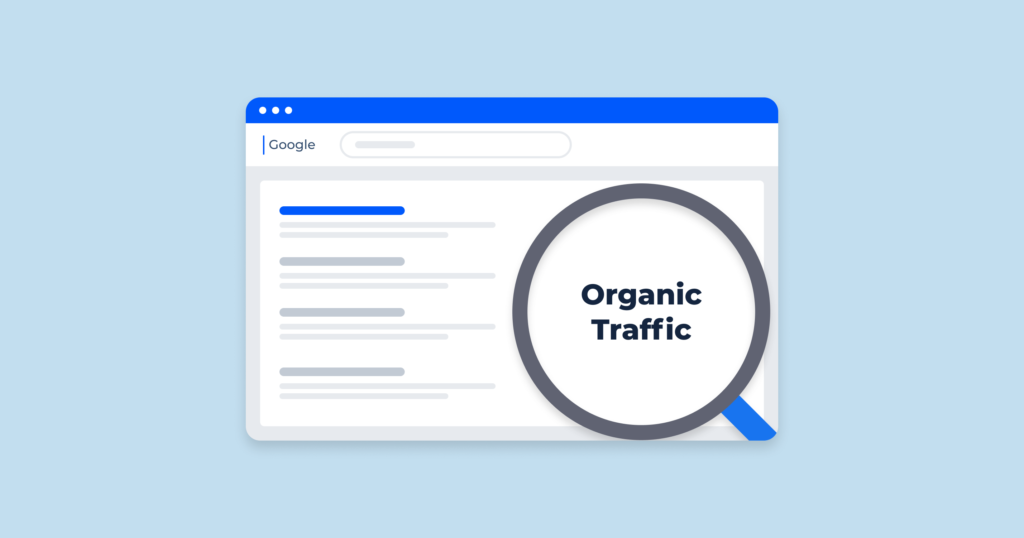
Search Engine Optimization (SEO): Scaling the Heights
Benefits:
a. Increased Visibility
SEO optimization improves your website’s ranking on search engines, increasing its visibility to potential customers. A higher rank means more clicks.
b. Credibility
Websites ranking higher on search engine results pages are perceived as more credible and trustworthy. Build a solid online reputation through SEO.
c. Cost-Effective Traffic
Organic traffic generated through SEO is cost-effective compared to paid advertising. Once your website is optimized, enjoy a steady flow of visitors without ongoing expenses.
Reasons:
a. Long-Term Strategy
SEO is a long-term strategy that provides sustained results over time. Invest in optimizing your website structure, content, and backlinks for lasting success.
b. Local Optimization
For startups targeting local markets, local SEO can significantly enhance visibility in specific geographic areas. Ensure your business appears in local searches.
Influencer Marketing: Harnessing Influence
Benefits:
a. Built-in Audience
Partnering with influencers allows startups to tap into their existing, engaged audience. Benefit from the trust influencers have built with their followers.
b. Authenticity
Influencers can lend authenticity to your brand. Their followers often trust their recommendations, making it an effective way to build credibility.
c. Diverse Reach
Collaborating with influencers from different niches can broaden your startup’s reach. Explore partnerships with influencers whose audience aligns with your target market.
Reasons:
a. Targeted Reach
Choosing influencers relevant to your industry ensures that your message reaches a highly targeted audience. Research and select influencers whose values align with your brand.
b. Storytelling Opportunities
Influencers are skilled storytellers. Allow them creative freedom to tell your brand story in a way that resonates with their followers.
Read Also: How to Do SEO Easily by Yourself for Your Business Website in 2023
Email Marketing: Direct Connection
Benefits:
a. Direct Communication
Email marketing provides a direct line of communication with potential and existing customers. Craft personalized messages to nurture relationships and drive engagement.
b. Personalization
Tailoring email campaigns based on customer behavior and preferences enhances engagement. Leverage data to send relevant and timely content to your audience.
c. Cost-Effective Retargeting
It’s a cost-effective way to retarget customers who have shown interest in your products or services. Implement automated email sequences to guide leads through the sales funnel.
Reasons:
a. Customer Retention
Email marketing is an effective tool for customer retention. Keep your audience informed about new offerings, promotions, and updates to maintain their interest.
b. Measurable Results
Read Also: How to Boost Your Shopify Store’s SEO in 7 Easy Steps
Email campaigns can be easily tracked, allowing startups to analyze the effectiveness of their marketing efforts. Monitor open rates, click-through rates, and conversion metrics to refine your strategy.
Pay-Per-Click (PPC) Advertising: Instant Visibility
Benefits:
a. Immediate Visibility
PPC ads appear at the top of search engine results, providing immediate visibility to potential customers. Capture the attention of users actively searching for products or services similar to yours.
b. Controlled Budget
Set daily or monthly budgets, ensuring that you have control over your advertising expenditure. Pay only when users click on your ads, making it a cost-effective option.
c. Measurable ROI
PPC platforms provide detailed analytics, allowing startups to measure the return on investment accurately. Track key metrics and adjust your campaign strategy based on performance.
Reasons:
a. Keyword Targeting
PPC allows startups to target specific keywords relevant to their business. Choose keywords that align with your offerings to ensure your ads reach the right audience.
b. Quick Results
Unlike organic methods, PPC delivers quick results. If you’re looking for immediate impact, PPC advertising can generate traffic and leads in a short time frame.
Networking and Partnerships: Collaborative Growth
Benefits:
a. Word-of-Mouth Marketing
Building relationships within the industry can lead to valuable word-of-mouth marketing. Recommendations from trusted sources carry significant weight.
b. Shared Resources
Collaborating with other businesses provides access to shared resources and a wider audience. Pooling resources can lead to cost savings and increased efficiency.
c. Mutual Support
Networking can lead to mutually beneficial partnerships, where startups support each other’s growth. Leverage each other’s strengths for collective success.
Read Also: How Google Search Works: Basic Rules & Concepts
Reasons:
a. Industry Exposure
Actively participating in industry events and networking opportunities enhances your startup’s exposure within its sector. Attend conferences, webinars, and meetups to connect with potential collaborators.
b. Collaborative Marketing
Joint marketing initiatives with partners can amplify reach and impact. Consider co-hosting events, creating co-branded content, or launching joint campaigns to leverage each other’s audiences.
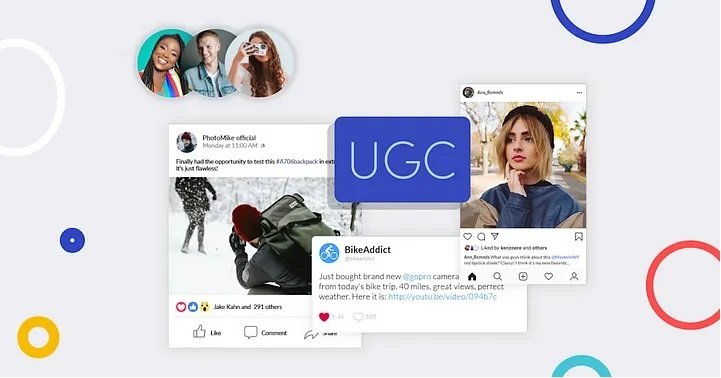
Leverage User-Generated Content (UGC) for Authentic and Cost-Effective Marketing:
Encourage your customers to create and share content related to your products or services. User-generated content is a powerful and cost-effective way to showcase your brand in an authentic light. Here’s how you can implement this strategy:
- Create a Hashtag Campaign:
- Develop a unique and branded hashtag related to your business. Encourage customers to use this hashtag when posting photos or reviews on social media. This creates a cohesive collection of user-generated content that is easy to track.
- Run Contests and Giveaways:
- Host contests where participants can submit content related to your products or services. Offer incentives such as discounts, freebies, or exclusive access to new offerings. This not only generates user-generated content but also increases engagement.
- Feature Customer Stories:
- Share success stories or testimonials from your customers. This could be in the form of written testimonials, photos, or even short videos. Authentic stories from real customers can build trust and credibility.
- Showcase Customer Reviews:
- Highlight positive customer reviews on your website, social media, or marketing materials. Potential customers often rely on the experiences of others when making purchasing decisions.
- Collaborate with Influential Customers:
- Identify customers who have a significant following on social media or within your industry. Collaborate with them to create content, such as reviews, unboxing videos, or product demonstrations. This can amplify your reach at minimal cost.
- Create a Community:
- Build a sense of community around your brand. Encourage customers to share tips, photos, or creative uses of your products. This not only generates content but also fosters a loyal customer community.
- Engage and Acknowledge:
- Regularly engage with user-generated content by liking, commenting, or sharing it. Acknowledge and appreciate your customers for their contributions. This interaction enhances the sense of community and encourages more users to participate.
- Utilize Instagram and TikTok Features:
- Leverage features like Instagram Stories, Reels, and TikTok to encourage short-form, creative content from your customers. These platforms provide easy-to-use tools for users to showcase your products in a fun and engaging way.
By tapping into the creativity and enthusiasm of your customer base, you can create a dynamic and cost-effective marketing strategy that not only promotes your brand but also builds a genuine connection with your audience.
Conclusion
In the dynamic and competitive landscape of the USA and European Countries, startups must adopt a multi-faceted approach to marketing and advertising. Each option discussed in this guide brings unique benefits to the table, and the most successful startups often integrate a combination of these strategies for maximum impact.
Read Also: From Idea to Reality: How a Website Launches Your Startup into the Digital Realm
Ultimately, the key lies in understanding your target audience, utilizing the strengths of each marketing channel, and adapting strategies based on data and analytics. By doing so, startups can not only survive but thrive in the challenging yet rewarding journey of establishing themselves in the USA’s & European countries business ecosystem. Embrace these marketing and advertising options, and unlock the doors to unprecedented success for your startup.
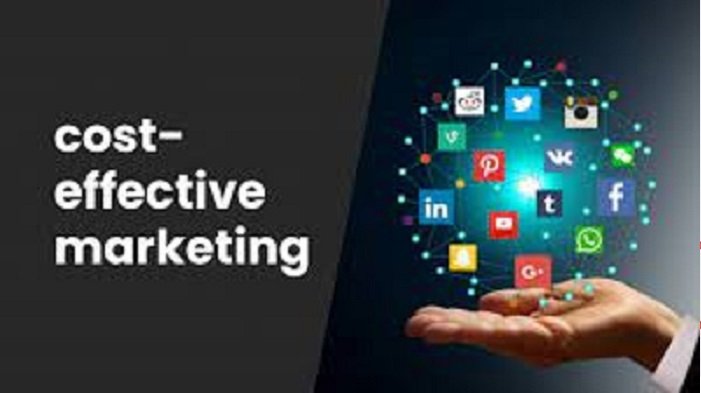
FAQ
Why is marketing and advertising crucial for startup businesses in the USA, UK, Australia and Canada?
Marketing and advertising are essential for startup success as they help create brand awareness, attract customers, and establish a strong online presence. In a competitive market like the USA, UK, Australia and Canada effective marketing strategies can set startups apart and contribute to long-term growth.
How can startups identify their target audience?
Startups can identify their target audience through comprehensive market research. Utilizing tools and techniques such as surveys, analytics, and social media insights can provide valuable data on demographics, preferences, and behaviors, helping businesses create accurate customer personas.
What role does a website play in the marketing strategy for startups?
A website is a digital storefront for startups, serving as a hub for information, products, and services. It enhances brand credibility, provides a platform for customer interaction, and is crucial for various online marketing efforts such as SEO, content marketing, and e-commerce.
How can startups leverage social media marketing effectively?
Social media marketing involves creating a consistent and engaging presence on platforms like Facebook, Instagram, and LinkedIn. By understanding the target audience and tailoring content to their preferences, startups can build brand awareness, foster engagement, and drive traffic to their website.
What is the significance of SEO for startup businesses?
Search Engine Optimization (SEO) is vital for startups as it improves their visibility on search engines like Google. By optimizing website content, using relevant keywords, and following best practices, startups can increase their chances of appearing in search results and attracting organic traffic.
How can startups utilize paid advertising effectively?
Startups can use paid advertising, such as Pay-Per-Click (PPC) and social media ads, to quickly reach their target audience. By setting specific goals, targeting the right demographics, and monitoring ad performance, startups can achieve measurable results and maximize their advertising budget.
What is the role of content marketing in startup growth?
Content marketing involves creating valuable and relevant content to attract and engage the target audience. Blogging, video marketing, and other content strategies not only showcase a startup’s expertise but also improve SEO, drive organic traffic, and build a loyal customer base.
How can startups benefit from influencer marketing?
Influencer marketing involves collaborating with individuals who have a significant following in a particular industry. By partnering with influencers relevant to their niche, startups can leverage the influencers’ credibility, reach a wider audience, and build trust with potential customers.
How can startups measure the success of their marketing efforts?
Startups can measure the success of their marketing efforts through data analytics and key performance indicators (KPIs). By regularly analyzing website traffic, conversion rates, social media engagement, and other relevant metrics, businesses can assess the effectiveness of their strategies and make informed decisions for optimization.
What is user-generated content (UGC), and why is it important for businesses?
User-generated content (UGC) refers to any content—such as images, reviews, videos, or testimonials—created by customers or users of a brand. It’s important for businesses as it provides authentic and relatable content that resonates with other potential customers. UGC serves as a powerful tool for building trust and credibility.









